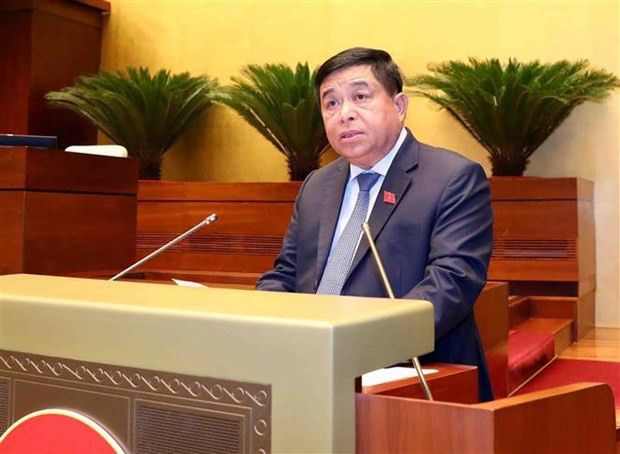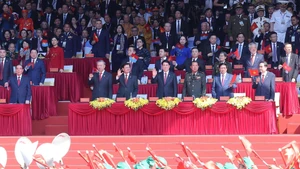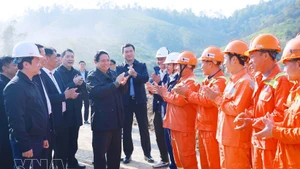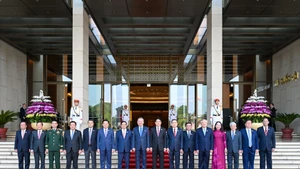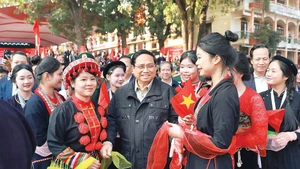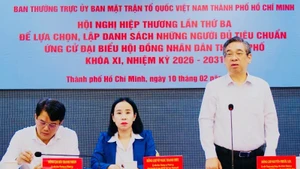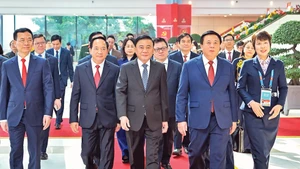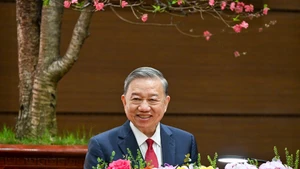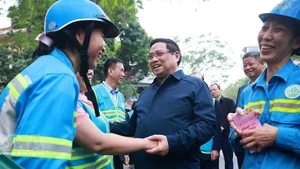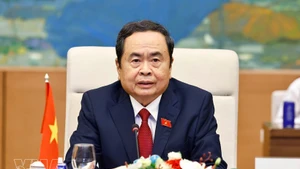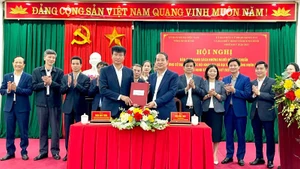Presenting a report on the implementation of the medium-term public investment plan for the 2021-2025 period at the National Assembly (NA)'s 6th session on October 23, the minister said that about 90% of the total capital that the NA had approved to use in the period has been allocated to ministries, central agencies, and localities.
The remaining capital was transferred to reserve for the medium-term public investment plan. The NA allowed the Government to continue to direct ministries, central agencies, and localities to continue completing procedures and approving investment policies.
Between 2021 and 2023, the annual public investment plan reaches 59% of the total medium-term public investment plan for the 2021-2025 period, Dung said.
“The shifting of the public investment capital structure is associated with the process of restructuring the economy, promoting the restructuring of industries and regions to ensure a reasonable correlation between socio-economic development and social security, between industries, fields, localities, mountainous areas, border areas, islands, ethnic minority areas, and other difficult areas,” he said.
The ratio of investment capital for social development compared to GDP has increased, and the scale of investment capital from the state budget increased over the years, the minister added.
Investment efficiency across the economy has increased, and the use of social investment capital in general and public investment capital in particular has improved, Dung said.
Up to 52% of total projects funded by the central budget's capital approved in the 2021-2025 period have been completed and put into use.
The minister said that public investment has promoted its leading role, attracting investment resources from non-state economic sectors, and creating a driving force for the country's economic growth.
The average disbursement rate of public investment capital in 2021 and 2022 reached 93.56% of the plan assigned by the Prime Minister. In the first nine months of 2023, the disbursement rate reached 51.38% while the rate of the same period last year was just 46.7%.
However, he noted that difficulties remained regarding the slow issuance of policies and instructions to implement public investment projects, or the slow allocation of medium-term capital in the 2021-2025 period.
The implementation of public investment plans in some places is sometimes passive and ineffective. Moreover, the quality of project preparation is still low, survey work and project design are not good while there are other shortcomings related to site clearance, lengthy bidding procedures, and increased prices of construction materials and raw materials.
Regarding solutions in the coming time, the minister emphasised the need to mobilise investment resources of the economy, with a focus on ensuring state budget resources for planned projects in 2024 and 2025.
It is also necessary to review and improve institutions, policies, legal regulations on public investment, and relevant laws to promptly remove difficulties and obstacles and improve the efficiency of public investment, he said.
